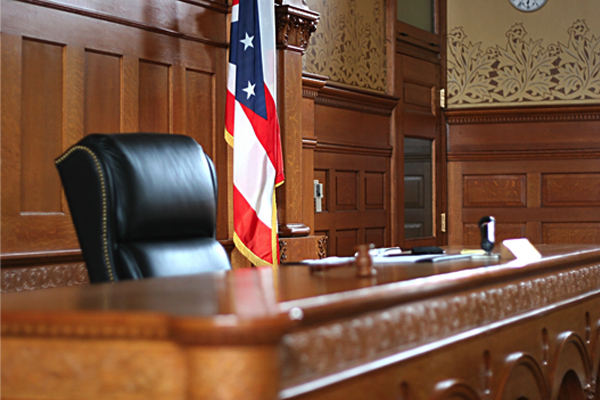Stricter Regulations On Nonprofits Loom in CA Legislature


California's Fair Political Practices Commission led an investigation to uncover the true source of an $11 million 'mystery' donation from out-of-state 501(c)(4) nonprofit, Americans for Responsible Leadership last year. Though the trail eventually led to another, Virgina-based nonprofit, Americans for Job Security, the names of those behind the money remains unknown.
This prompted the FPPC and California lawmakers to push new regulations to preempt a repeat occurrence, resulting in a slew of Assembly and Senate Bills. On the Assembly side, Richard Gordon (D-Menlo Park) introduced AB 914 and AB 800 earlier this year. They target the disclosure requirements for 501(c) nonprofit organizations and their enforcement procedures.
AB 914 would put new restrictions on anonymous donating, compelling 501(c) groups to reveal donors should they decide to influence California elections either by campaign contributions/expenditures or independent expenditures like election advertising. According to the bill, donors will be unveiled for expenditures over $50,000 or 10 percent of the organization's total costs. A safe-harbor clause does allow nonprofits to protect donor identity if they can prove to the FPPC that disclosure would result in "undue harm, threats, harassment, or reprisals to the donor."
Considered to be 'significant' spending by the FPPC, those thresholds are meant to ensure 501(c) groups maintain their social welfare or charitable focus rather than involve themselves too heavily in politicking.
Ann Ravel, FPPC chair, elaborated:
"[T]hough the guidelines are not extremely clear is it generally recognized that lobbying activity beginning at about 10% is starting to become significant, depending on the size of the nonprofit it can be higher maybe a little under 15%. As for picking the $50,000 dollar amount that is just something we considered significant in California politics based on our experience as regulators in this field for nearly 40 years."
Anonymous donating is a major fundraising draw for 501(c) organizations, which may be part of the reason their popularity has soared following the 2010 Supreme Court decision in Citizens United v. FEC. Likewise, the increased likelihood of disclosure has the potential to dissuade potential donors for fear of political backlash, especially if 'undue harm' isn't immediately apparent.
On the prosecution side, AB 800 addresses potential legal ambiguity with regards to the FPPC's authority to go after alleged wrongdoers. In a release, Assemblymember Gordon remarked, “The current system has not kept up with new campaign methods and types of expenditures; AB 800 helps address this problem.” During the course of last year's investigation the defendants argued against the FPPC's jurisdictional authority.
These stricter regulations on nonprofits will require a two-thirds vote as both bills would amend the Political Reform Act of 1974. Currently pending in the Senate committee on Elections and Constitutional Amendments, passage is likely but not guaranteed. Democrats do hold a super-majority in the Legislature, yet most Republicans have been hesitant to support campaign finance reform and could peel off just enough Democrats to block the legislation.



